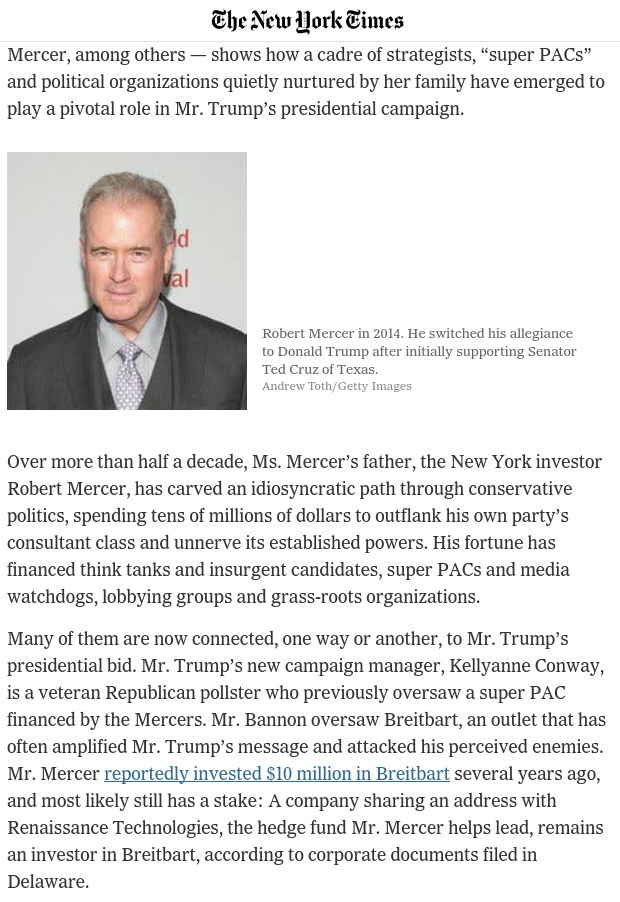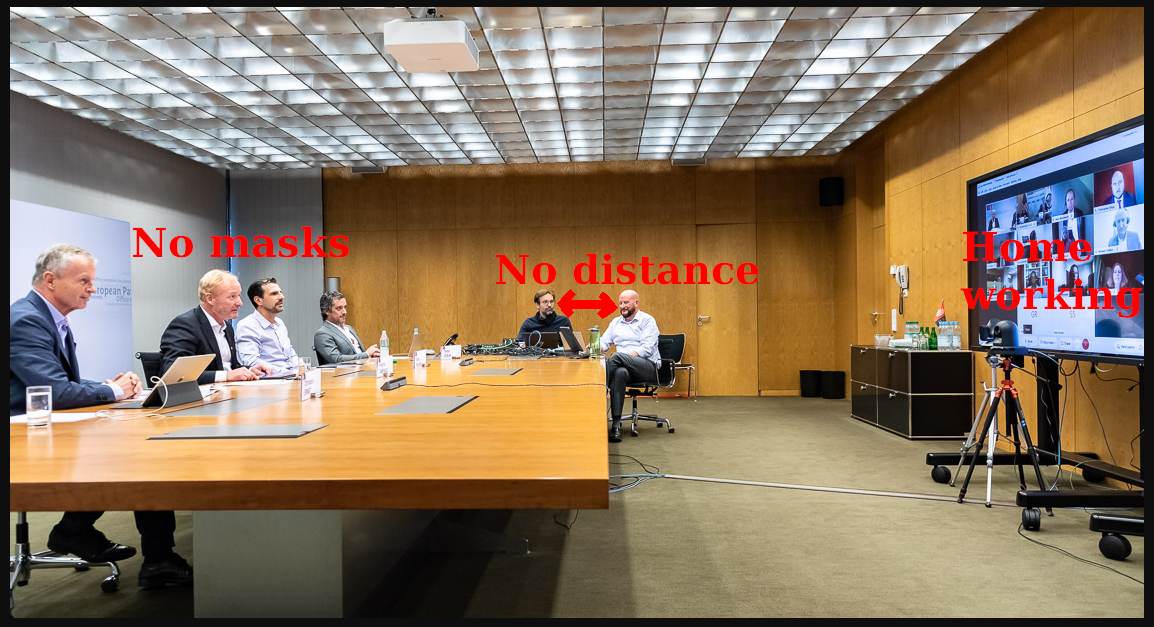
 Summary: Professional liars have been commissioned by Office management to mislead the staff (and by doing so crush the staff)
Summary: Professional liars have been commissioned by Office management to mislead the staff (and by doing so crush the staff)
THIS may sound like old news, but it certainly is not. SUEPO continues to put forth piles of evidence, even from veterans and experts dedicated to these matters. It always shows that António Campinos, who covers up Benoît Battistelli's unbelievable financial misconduct (multi-billion), is paying Donald Trump's friend to produce a bunch of lies -- the basis upon which he justifies cutting not only staff benefits and salaries but also members of staff (layoffs). The EPO's staff would be justified in feeling furious; there would be an uproar, with people 'up in arms' in a physical protest/strike if it weren't for COVID-19. Campinos has been more than happy to exploit the lock-downs to implement his oppressive measures and constantly crush staff.
Does today's EPO stand for anything at all? No, not really. Just money. Big and growing cash reserves; cash is king... only for the king.
"No wonder they also pay Trump associates for a so-called 'study'... on the finances of the EPO (Trump is said to be heading towards another bankruptcy, having already filed six)."Only hours ago, the EPO boasted about sucking up to a front group of patent trolls, aggressors, and outright legal parasites. The EPO is so corrupt and rogue that it's understandably attracted to these parasites and litigation fanatics. We know who it works for, based on who it constantly associates with it. Who does today's EPO work for? It's not Europe, that's for sure. In its own words (this evening; warning: epo.org link): "Following the signature of a Memorandum of Understanding last year between the EPO and Licensing Executives Society International (LESI), EPO President António Campinos and LESI President Audrey Yap signed the first joint work plan for 2020-21 during a video conference on 16 November."
"The plan focuses on IP training and resources for high-growth technology businesses and their stakeholders, including investors, research institutions and advisors. The main purpose is to raise awareness of IP and help innovators around the world make better use of the European patent system. It aims to foster innovation globally, making IP the underlying asset driving commercial success and growth."
They don't show themselves sitting in the same room next to each other (in violation of policy they impose on all other stuff), unlike LESI (seemingly people working from home).
Based on this latest photo, the EPO's management is once again failing to socially distance (we have shown better photos of this before). They're inside the office, likely sharing their wide desk and not properly socially distancing (forget about masks too). Notice the tripod. Here's the photo they shared the last time, with our annotation added (it wasn't the first such photo we might add):

19 May 2020 su20025cp –0.2.1.
Selected analyses by Ernst & Young of the 2019 Financial Study of the European Patent Office
Dear colleagues,
We received many requests from you for an independent analysis of the 2019 Financial Study made by Mercer & Wyman for the European Patent Office (EPO). Ernst & Young has now performed for SUEPO such an analysis. It confirms the position of SUEPO and the staff representation expressed in the series of publications (The Financial Study : Yet Another Hoax (part 1, 2, 3 and 4)).
The Ernst & Young analysis identifies a series of conservative assumptions made when comparing to assumptions usually being applied by the EPO. Furthermore, the Ernst & Young analysis identifies technical mistakes (contradiction to general principles as stipulated by IDW (Institut der Wirtschaftsprüfer) of discounting financial positions) and considerations in determining and interpreting the outcome of the 2019 Financial Study.
The Ernst & Young analysis finds that the 2019 Financial Study applies three layers of caution:
ââ Overly conservative assumptions: The entire funding gap can likely be closed by taking more realistic assumptions in line with other analysis done by the EPO (Asset return EPOTIF and RFPSS, patent fee increases, additional buffer).
ââ Neglecting “going concern”: even if we assume that the overly conservative assumptions materialize (which is unlikely), this does not lead to a significant financial issue. In a going concern scenario, i.e. assuming ongoing operations after 2038, pension obligations are not required to be fully funded in 2038, as they are firstly not due in 2038 and secondly because benefit payments from the pension reserve fund (RFPSS) will to a large extent be compensated by contributions to the fund for new pension entitlements for active employees. Accordingly, in a going concern scenario, the majority of the pension assets can be seen as a reserve. Note that state pension schemes are
ââ Neglecting hidden reserves: The study neglects highly material assets such as the market value of EPO buildings and national renewal fees due after 2038 for patents in force in 2038 that are being generated during the projection period but not considered as assets. Even in the unlikely case that the conservative assumptions happen to materialize and all activities of the EPO would stop in 2038 those assets would most likely fully cover the funding gap.
The effects in the Ernst & Young analysis are estimates and may be correlated, i.e. the individual effects may not be simply added. Nevertheless, omitting each single one of these layers of caution individually would most likely result in a positive assessment of EPO’s financial sustainability. Applying all three layers can only be viewed as excessively overcautious and indicates the clear intention of the EPO to find a financial gap where there isn’t any for the purpose of reducing staff benefits.
Due to contractual constraints imposed by the consultants the Ernst & Young analysis cannot be made public. We have submitted it by letter to the Administrative Council and the President. SUEPO members can ask for access to the Ernst & Young analysis by sending an email to requestaccessreport@suepo.org including full name and place of employment1.
Sincerely yours,
Your SUEPO committee
____ 1 The Ernst & Young report is accessible via a virtual data room. By sending an email to requestaccessreport@suepo.org you give your consent that SUEPO passes on your email address (the one you registered with SUEPO) and name to a third-party provider of the virtual data room “Imprima”. “Imprima” will use this data only for opening an account so that you can access the virtual data room.
[PDF] and a 2-page introduction [PDF] to software they made for calculating the impact of cuts.